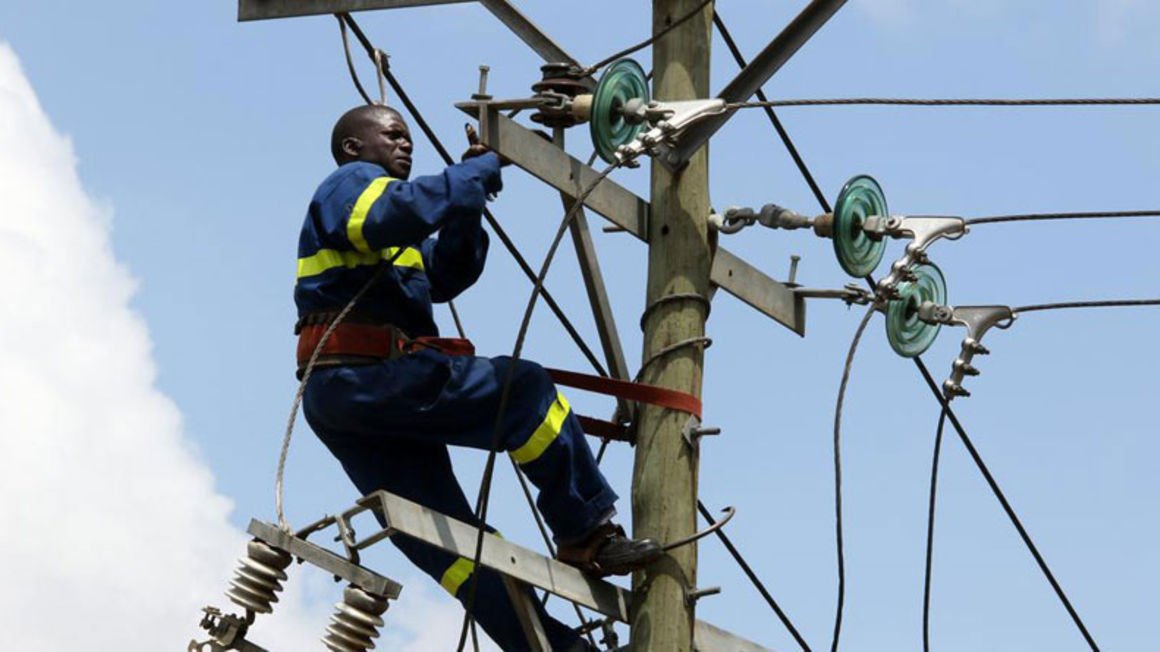A Kenya Power technician at work. FILE PHOTO | NMG Kenya Electricity Generating Company (KenGen) has hit Kenya Power with a Sh722.31 million penalty for flouting 40-day window of paying for the electricity supplied in the financial year ended June 2019.
This is disclosed in the recently published annual report that shows that the penalty is a 28.8 percent drop from the preceding period when KenGen hit the struggling power distributor with a Sh1.02 billion penalty.
“Interest income from Kenya Power relates to interest penalties charged to Kenya Power due to late payments of invoices. Interest on late payments accrues after 40 days,” says KenGen.
As at end of June 2019, Kenya Power was owing KenGen Sh18.86 billion, pointing to accumulated debts that will eat into the profit through high finance costs.
Kenya Power has been struggling to sell the electricity supplied by power generators such as KenGen and collect money on time to meet the 40-day credit window.
Covid-19 disruptions have served to complicate the situation further with the pace of growth in electricity consumption having slowed, exposing Kenya Power to increased burden of paying for idle electricity.
Between January and August, local power production was at 7,469 million kilowatt hours (KWh) against the 5,759 million KWh sold by Kenya Power meaning about 22.9 percent of the supply was unutilised.
The take-or-pay clause contained in contracts signed between government and power producers compels Kenya Power to buy the agreed amount of electricity regardless of whether or not the utility needs the energy.
By the time KenGen was closing its books for financial year ended June, Sh3.45 billion due from Kenya Power had been outstanding for more than 60 days while a further Sh1.21 billion had remained unpaid for over a year.
Kenya Power buys a mix of hydro, thermal, wind and geothermal-generated electricity from KenGen and independent producers for onward sale to homes and businesses. KenGen then bills it every month for the power delivered.
KenGen currently sells its generated electric energy to a single off-taker, Kenya Power, and recognises this as a business risk.The firm has in the past indicated that it would ride on newly enacted Energy Act to sell bulk energy to multiple customers as opposed to just Kenya Power alone.
